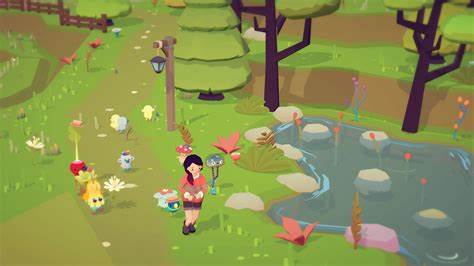My Lady's Choosing - a review

I found a book at Dollar Tree. It is a choose-your-own-adventure, only it is a romance! This is my review after I have gone through every possibility in the storyline. Onward! Courtesy of Pinterest This book does not take itself seriously. This book is, from the character descriptions alone, hilarious. They took four main types of romances and put the stereotypes and common plots in every category. The humor here is amazing. This should not be treated like a serious drama. This is a reading-slump-breaker and an "I don't want a serious plot" book. It's an easy, light read purely for fun and good laughs, though I wouldn't call it pure in content or read it in public. To talk about the greatness of this novel, I need to talk about everything you can do in it. Spoilers are here. If you want to experience it first, stop and come back. I'll wait. This book is so much fun I'd save this page and come back if I were you. I'm not kidding. Don't spoil this....



.jpg)
.jpg)
